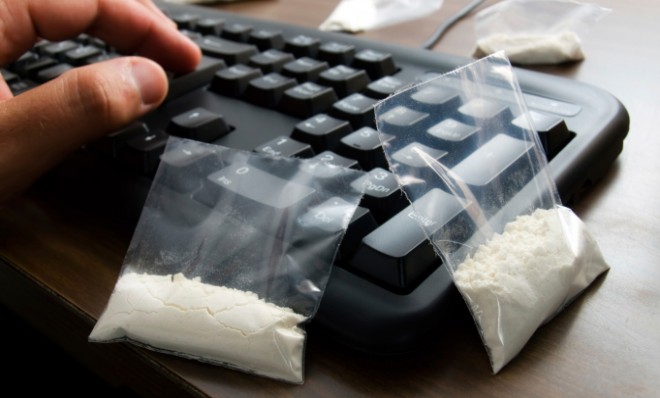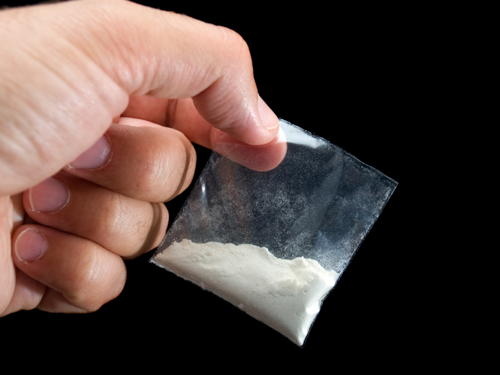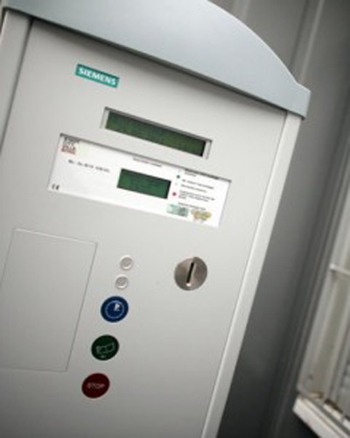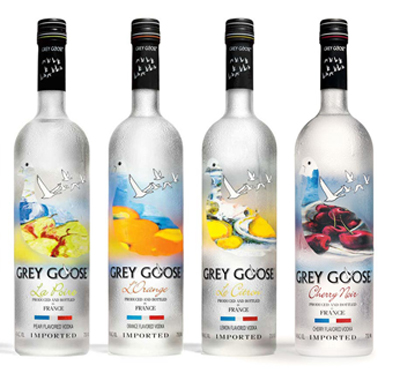When governments bank on bad behavior: 5 vice taxes
If you were a drug dealer, would you pay an anonymous tax on your, ahem, merchandise? In Tennessee, you're supposed to

1. 'Crack Tax'

Where: Tennessee
How does it work? Passed in 2005, the "crack tax" requires all drug dealers to pay taxes anonymously to the State Department of Revenue. Rates vary: $3.50 for a gram of marijuana, $50 for a gram of cocaine, $200 for a gram of meth, and $200 for a gram of crack-cocaine. Once paid up, the dealer receives a stamp for each drug, and if arrested for possession, he or she must show the stamp to the officer. If caught without one, the dealer would owe back taxes to the state. It sounds nearly impossible to enforce, but between 2007 and 2009, the state collected some $7.8 million on the tax — in large part from drug dealers arrested at the Bonnaroo Music Festival.
The Week
Escape your echo chamber. Get the facts behind the news, plus analysis from multiple perspectives.

Sign up for The Week's Free Newsletters
From our morning news briefing to a weekly Good News Newsletter, get the best of The Week delivered directly to your inbox.
From our morning news briefing to a weekly Good News Newsletter, get the best of The Week delivered directly to your inbox.
2. Taxing street prostitution

Where: Germany
How does it work? Because prostitution is legal in Germany, it's subject to the same tax laws as other professions. But unlike brothel jobs, street prostitution can be tough for the revenue service to regulate. (Sort of like lemonade-stand vendors.) In 2011, the city of Bonn cracked down on the problem by converting old parking meters into kiosks where prostitutes pay a nightly fee ($9) for the right to work the streets. For prostitutes who failed to pay, police would issue a warning, then levy fines of increasing amounts. The first night the meters went live, they earned the city about $375.
3. The looming flavored vodka tax
A free daily email with the biggest news stories of the day – and the best features from TheWeek.com

Where: USA
How does it work? This one isn't official yet, but President Obama's new budget proposes hiking taxes on flavored vodka and other infused liquors. The idea isn't to single out terrible cocktails; rather it's more about leveling the playing field, as flavored spirits have long enjoyed a lower tax rate than straight varieties. If passed, the new tax could generate as much as $100 million in revenue for the U.S. government.
4. The fatty-food fine

Where: Denmark
How does it work? This tax didn't last very long, but for about a year, Denmark taxed all food with more than 2.3 percent saturated fat content. The country abandoned the tax because it drove snackers to buy cheaper, lower quality foods, or head across the boarder to Sweden or Germany to buy their favorite snacks tax-free. Naturally, opponents of U.S. proposals to tax soda and candy site Denmark's failure to make it work.
5. The tanning-bed tariff

Where: Washington state
How does it work? In 2010, the federal government imposed a 10 percent tax on indoor tanning, which research shows can increase the risk of cancer threefold in frequent users. The initiative, part of a $940 billion health-care overhaul, is expected to generate up to $2.7 billion over 10 years. New Jersey, inspired by "tanning mom," recently passed a law requiring warning labels on all tanning beds as well.
Carmel Lobello is the business editor at TheWeek.com. Previously, she was an editor at DeathandTaxesMag.com.
-
 Syria’s Islamic State problem
Syria’s Islamic State problemIn The Spotlight Fragile security in prison camps leads to escape of IS fighters
-
 Quiz of The Week: 17 – 23 January
Quiz of The Week: 17 – 23 JanuaryQuiz Have you been paying attention to The Week’s news?
-
 The Week Unwrapped: What can we learn from a tool-wielding cow?
The Week Unwrapped: What can we learn from a tool-wielding cow?Podcast Plus, have we reached ‘peak billionaire’? When should troops disobey their superiors?